The Role Of Mutual Respect In Friendships
Friendships thrive on mutual respect. It’s the glue that holds people together, even when life throws curveballs. Without respect, even the closest bonds can unravel. So why is mutual respect so essential, and how can we nurture it? Stick around, because this post will explore how respect shapes friendships, strengthens trust, and helps us celebrate differences.
Key Takeaways
- Mutual respect is the foundation of meaningful friendships.
- It fosters trust, open communication, and emotional support.
- Respect helps friends navigate conflicts and celebrate differences.
- Friendships built on respect are more likely to stand the test of time.
Introduction to Mutual Respect in Friendships
Definition of Mutual Respect
Mutual respect means valuing each other’s feelings, opinions, and boundaries. It’s about treating your friends as equals and recognizing their worth. Respect isn’t just about being polite; it’s about genuinely caring for someone’s well-being and individuality.
Importance of Mutual Respect in Friendships
Why does mutual respect matter? Because it creates a safe space where friends can be themselves without fear of judgment. It’s the secret ingredient that turns casual acquaintances into lifelong companions. Respect ensures that both parties feel valued, heard, and supported.
Overview of the Blog Post
In this post, we’ll dive into how mutual respect builds trust, strengthens communication, and helps resolve conflicts. We’ll also explore its role in celebrating differences and providing emotional support. By the end, you’ll see why respect is the cornerstone of every healthy friendship.

Building Trust Through Mutual Respect
Trust as a Foundation of Mutual Respect
Trust and respect go hand in hand. Without trust, respect feels hollow. When friends trust each other, they’re more likely to share their thoughts and feelings openly. This openness strengthens the bond and deepens mutual respect.
Sharing Vulnerabilities and Fostering Reliance
Have you ever shared a secret with a friend and felt closer afterward? That’s the magic of vulnerability. When friends open up about their fears or dreams, they show trust. Respecting these moments by listening and supporting each other builds a solid foundation for the friendship.
The Role of Honesty in Trust-Building
Honesty is the backbone of trust. Being truthful, even when it’s uncomfortable, shows respect for your friend’s intelligence and emotions. It’s not about being brutally honest but about being kind and transparent. This honesty reinforces trust and strengthens the friendship.
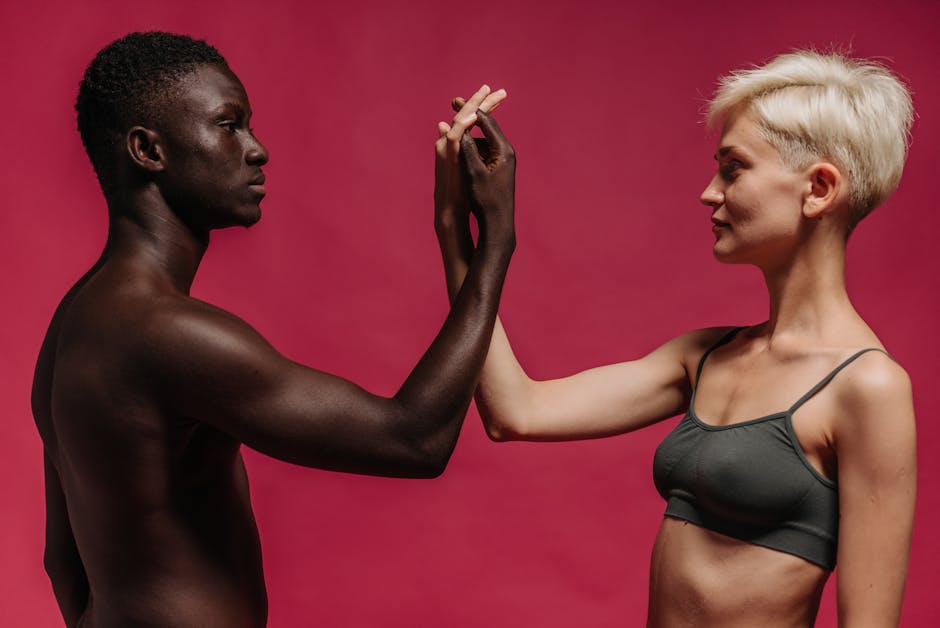
Communication and Mutual Respect
Importance of Open Communication
Good communication is the lifeline of any friendship. When friends communicate openly, they show respect for each other’s thoughts and feelings. It’s about creating a dialogue where both parties feel heard and understood.
Active Listening as a Key Practice
Listening isn’t just about hearing words; it’s about understanding the emotions behind them. Active listening—nodding, asking questions, and showing empathy—demonstrates respect. It tells your friend, “What you’re saying matters to me.”
Addressing Miscommunication to Maintain Respect
Misunderstandings happen, but how you handle them matters. Instead of jumping to conclusions, take a step back and clarify. Addressing miscommunication with patience and respect can prevent small issues from snowballing into bigger problems.
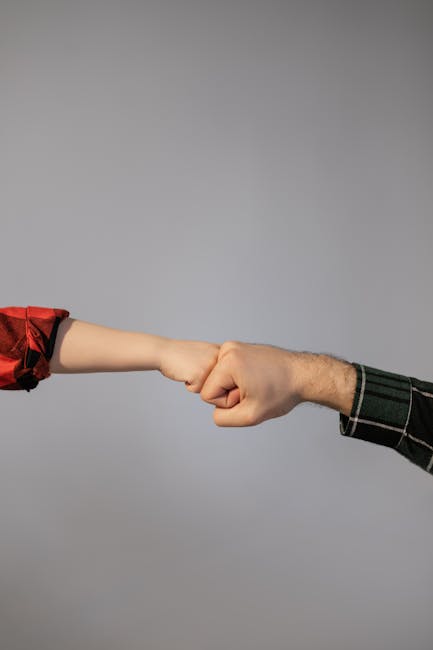
Celebrating Differences Among Friends
Appreciating Diverse Perspectives and Experiences
No two friends are exactly alike, and that’s a good thing! Differences in culture, beliefs, or life experiences can enrich a friendship. Respecting these differences allows friends to learn from each other and grow together.
Encouraging Inclusivity in Friendships
Inclusivity means making everyone feel welcome and valued. It’s about respecting your friend’s identity and creating a space where they can be themselves. This inclusivity strengthens the bond and fosters mutual respect.
Overcoming Jealousy and Competition
Jealousy can creep into even the strongest friendships. But instead of letting it fester, address it with honesty and respect. Celebrate your friend’s achievements as if they were your own. After all, their success doesn’t diminish your worth.

Conflict Resolution and Mutual Respect
Navigating Disagreements Constructively
Disagreements are inevitable, but they don’t have to be destructive. Approach conflicts with a mindset of understanding rather than winning. Respect your friend’s perspective, even if you don’t agree.
Setting Boundaries to Maintain Respect
Boundaries are essential in any relationship. They define what’s acceptable and what’s not. Respecting your friend’s boundaries shows that you value their comfort and well-being.
The Role of Emotional Intelligence in Resolving Conflicts
Emotional intelligence—understanding and managing emotions—plays a big role in conflict resolution. It helps you approach disagreements with empathy and respect, turning potential arguments into opportunities for growth.
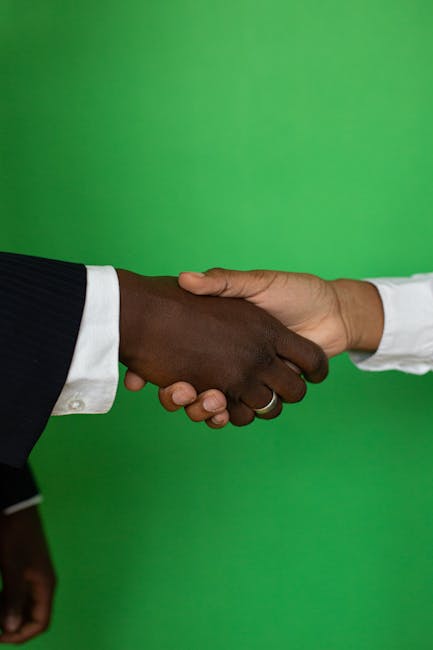
Emotional Support and Mutual Respect
Creating a Safe Space for Sharing Struggles and Triumphs
A true friend is someone you can turn to in both good times and bad. Providing emotional support shows respect for your friend’s feelings and experiences. It’s about being there, no matter what.
Strengthening Bonds Through Empathy and Understanding
Empathy is the ability to put yourself in someone else’s shoes. When friends show empathy, they deepen their connection and build mutual respect. It’s a simple yet powerful way to say, “I care about you.”
Psychological Benefits of Mutual Respect in Friendships
Friendships built on respect aren’t just emotionally fulfilling; they’re also good for your mental health. They reduce stress, boost happiness, and provide a sense of belonging. It’s a win-win for everyone involved.
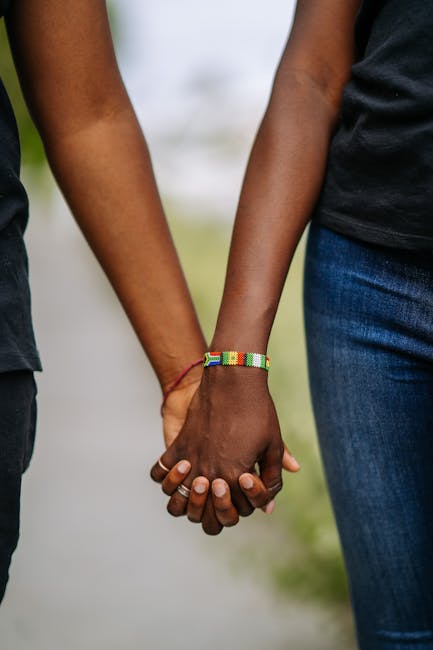
Challenges to Mutual Respect in Friendships
Impact of External Stressors on Friendships
Life’s challenges—work stress, family issues, or financial troubles—can strain friendships. But mutual respect acts as a buffer, helping friends navigate tough times without losing their bond.
Generational Shifts in Perceptions of Respect
Different generations may have different ideas about what respect looks like. Understanding these differences can help bridge gaps and strengthen friendships across age groups.
Cultural Variations in Expressing Mutual Respect
Respect isn’t a one-size-fits-all concept. Different cultures have different ways of showing respect. Being open to these variations can enrich your friendships and broaden your perspective.
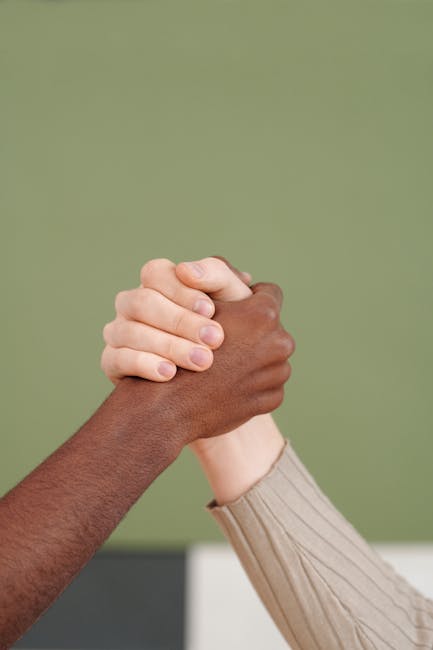
Sustaining Friendships Through Mutual Respect
Consistent Effort in Evolving Relationships
Friendships aren’t static; they evolve over time. Consistently showing respect—through words, actions, and gestures—keeps the bond strong, even as life changes.
The Role of Body Language in Conveying Respect
Sometimes, actions speak louder than words. A smile, a nod, or even maintaining eye contact can convey respect and strengthen your connection.
Longevity of Friendships Tied to Mutual Respect
Friendships built on respect are more likely to last. They provide a strong foundation that can weather the ups and downs of life, creating bonds that stand the test of time.
Educational and Social Implications of Mutual Respect
Teaching Mutual Respect in Educational Settings
Schools and colleges can play a big role in teaching mutual respect. Programs that promote kindness and empathy can help students build healthier relationships. For more on fostering meaningful connections, check out this guide.
Peer Counseling and Social Work Applications
Mutual respect is a cornerstone of effective peer counseling and social work. It helps build trust and create a supportive environment for those in need.
Promoting Respect as a Societal Value
Imagine a world where everyone treated each other with respect. It starts with individual relationships and spreads outward, creating a ripple effect of kindness and understanding. Learn more about the benefits of practicing kindness in everyday life.
Conclusion
Recap of the Importance of Mutual Respect in Friendships
Mutual respect is the heart and soul of any friendship. It fosters trust, encourages open communication, and helps friends navigate conflicts. It’s what turns ordinary connections into extraordinary bonds.
Final Thoughts on Fostering Fulfilling Relationships
Friendships are like gardens—they need care and attention to flourish. By prioritizing respect, you can create relationships that are not only fulfilling but also enduring.
Encouragement to Prioritize Mutual Respect in Personal Connections
So, the next time you’re with a friend, ask yourself: “Am I showing them the respect they deserve?” A little effort can go a long way in building friendships that last a lifetime. For more tips on building strong relationships, check out this article.
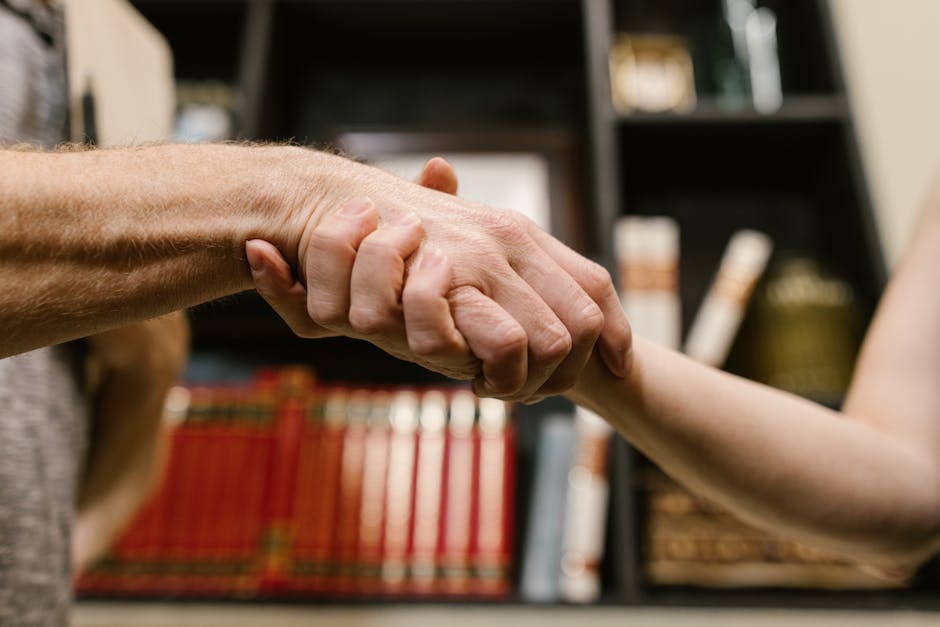
FAQ: Understanding The Role Of Mutual Respect In Friendships – Building Stronger Bonds Together
What is mutual respect in a friendship?
Mutual respect in a friendship means valuing each other’s opinions, boundaries, and individuality. It involves treating one another with kindness and understanding, even when disagreements arise, fostering a sense of trust and equality in the relationship.
Why is mutual respect important in friendships?
Mutual respect is the foundation of a healthy friendship. It ensures that both individuals feel valued and heard, which helps build trust, reduce conflicts, and create a supportive environment where both parties can grow together.
How can I show mutual respect to my friends?
You can show mutual respect by actively listening to your friends, honoring their boundaries, and appreciating their unique qualities. Avoid interrupting or dismissing their opinions and always communicate with empathy and understanding.
What are some signs of a lack of mutual respect in a friendship?
Signs of a lack of mutual respect include constant interruptions, dismissive behavior, ignoring boundaries, and one-sided conversations. If one person consistently dominates or disregards the other’s feelings, it may indicate an imbalance in respect.
Can a friendship survive without mutual respect?
While a friendship may persist for a time without mutual respect, it is unlikely to thrive. Over time, the lack of respect can lead to resentment, misunderstandings, and a breakdown in trust, ultimately weakening the bond.
How can mutual respect help resolve conflicts in friendships?
Mutual respect encourages open and honest communication, which is essential for resolving conflicts. When both parties value each other’s perspectives, they are more likely to approach disagreements with empathy and work towards a fair resolution.
What role does mutual respect play in long-term friendships?
In long-term friendships, mutual respect helps maintain a strong and enduring bond. It allows friends to adapt to changes in each other’s lives, navigate challenges together, and continue to grow as individuals while supporting one another.
How can I rebuild mutual respect if it has been lost in a friendship?
Rebuilding mutual respect requires open communication, sincere apologies, and a commitment to change. Both parties need to acknowledge past mistakes, set clear boundaries, and work together to restore trust and understanding in the relationship.
Can mutual respect coexist with differing opinions in a friendship?
Absolutely! Mutual respect means valuing each other’s perspectives, even when they differ. Healthy friendships embrace diversity of thought and use it as an opportunity to learn and grow rather than as a source of conflict.
How can mutual respect enhance personal growth within a friendship?
Mutual respect creates a safe space for friends to share their thoughts, take risks, and explore new ideas. This supportive environment fosters personal growth, as both individuals feel encouraged to pursue their goals and embrace their true selves.



